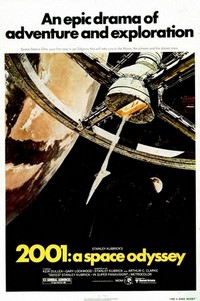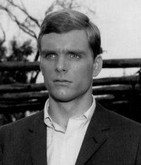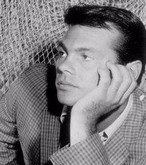
2001: A Space Odyssey (1968)
2001: Een Zwerftocht in de Ruimte / 2001: Ruimte Odyssee

Raiting: ![]() 8,3 /10
8,3 /10
Genre: Scifi
Director: Stanley Kubrick
Stars: Keir Dullea, Gary Lockwood and William Sylvester
Country: United Kingdom / United States
Release date: 2 April 1968
Length: 161 minutes (original) / 141 minutes (general theatrical release)


